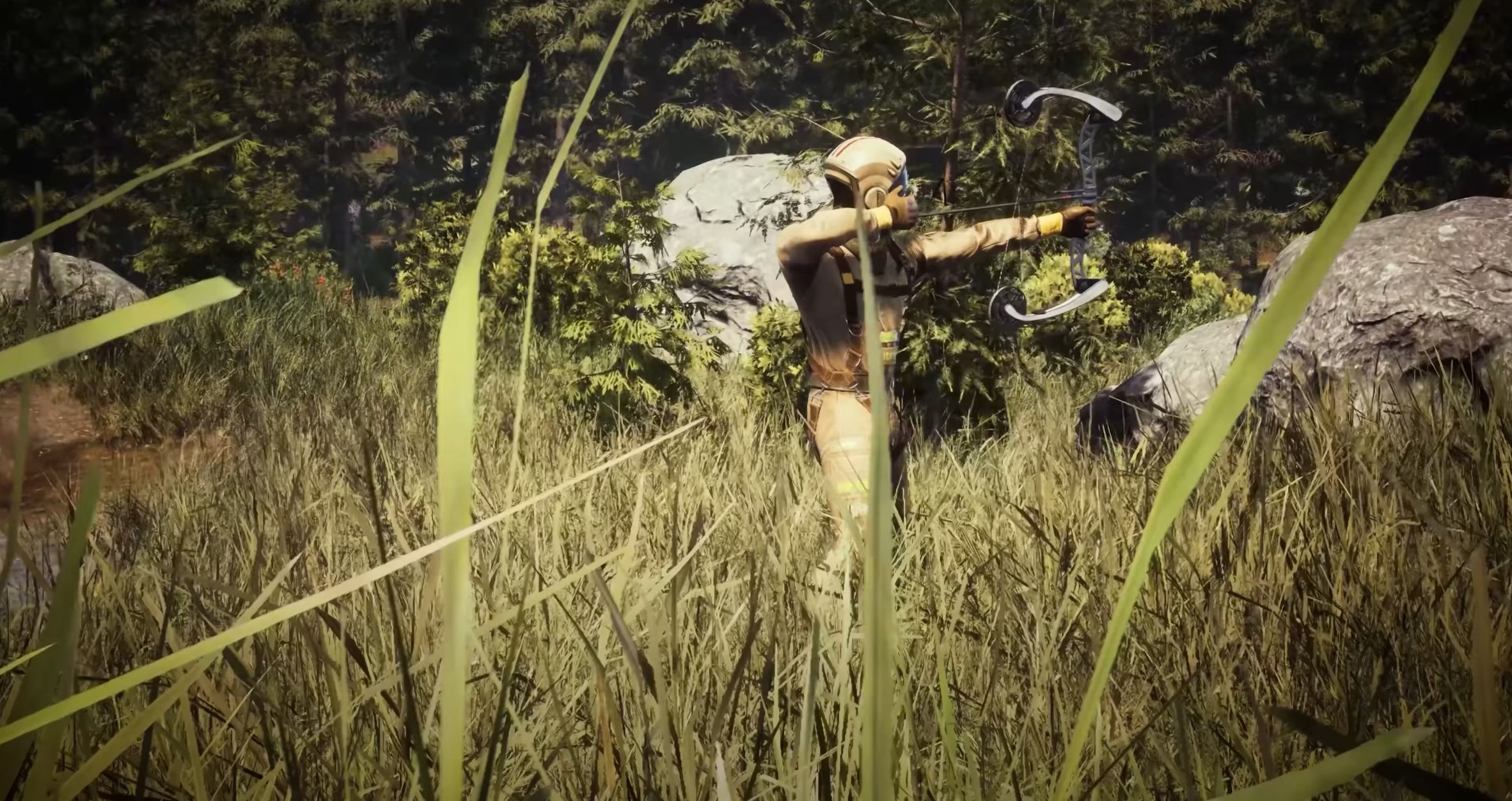Icarus is the new game from developer RocketWerkz, which DayZ creator Dean Hall founded in New Zealand following his time at Bohemia Interactive. The quick-and-dirty description for Icarus is that it is like Valheim in space. It’s a survival game where you’ll need to gather resources and build up your tech tree to survive harsh environments. But Icarus puts a spin on the formula with a session-based structure that may make the game even more addictive and appealing when it launches on Steam for $30 on August 12.
I’ve spent some time playing Icarus, including a session with Hall, who showed me around the world. And one of the first things I noticed is that I had no desire to cut my first run into the world short. I was getting my bearings and learning the mechanics, and the last thing I wanted was to go back up to my space station. And that’s something that Hall said the team learned when testing the game.

Unlock premium content and VIP community perks with GB M A X!
Join now to enjoy our free and premium membership perks.
![]()

![]()